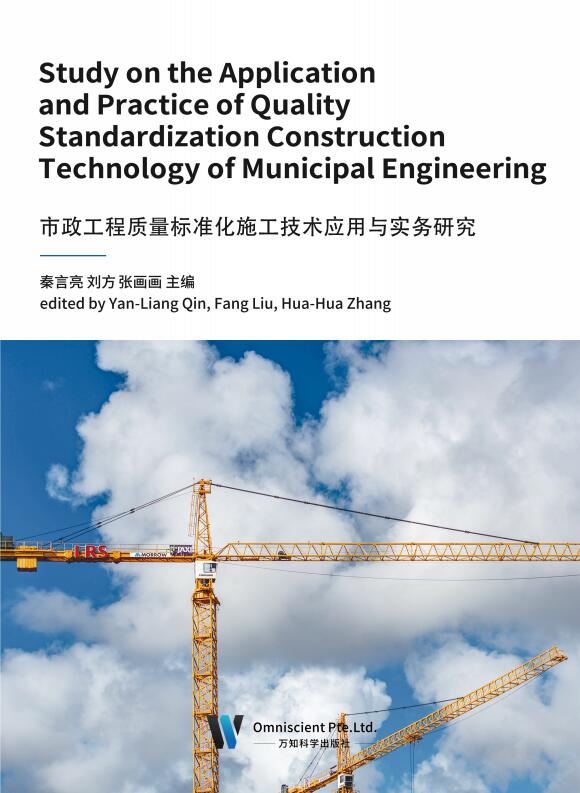
全国已经步入城镇化发展的道路,市政建筑工程项目也在与日俱增,它在建设 城市的基础设施的同时也满足了人民群众的生活需要。市政建筑工程其实更具服务 特性,因此,不仅要有市场竞争力在质量和技术上过硬,也要凸显出其公共服务性。 所以,市政建筑工程质量与技术管理需要进行不断地改进和完善。
随着我国的快速发展,国家基础设施建设特别是市政建筑工程如雨后春笋般发 展起来。但同时在项目工程中也存在着一定的安全质量问题,受到了各方面关注, 是目前急需解决的问题。因市政建筑工程有着施工周期长、施工工艺复杂、施工难 度大等因素,促使现场施工难度系数越来越高。同时,市政建筑工程在管理上对质 量和工艺都存在一定的差异,这也导致了一些技术质量上的问题。所以,只有有效 地克服施工技术难题,制定完善的施工管理体系,才能在激烈的市场竞争中占上先 机,才能为市政、为国家发展作出应有的贡献。
经济水平的快速提高促使我国各行各业发生了翻天覆地的变化,其中市政施工 技术也不例外,它在人们对于生活质量水平需求不断提高的基础上得到提升,要在 此环境下加大市政施工快速技术的应用并实现标准化生产。
本书《市政工程质量标准化施工技术应用与实务》是一本关于市政工程的专著, 主要讲述的是市政工程施工技术以及实务。本书首先对市政工程组织设计展开讲述; 接着对施工技术进行讲述;最后对工程管理进行了讲述。
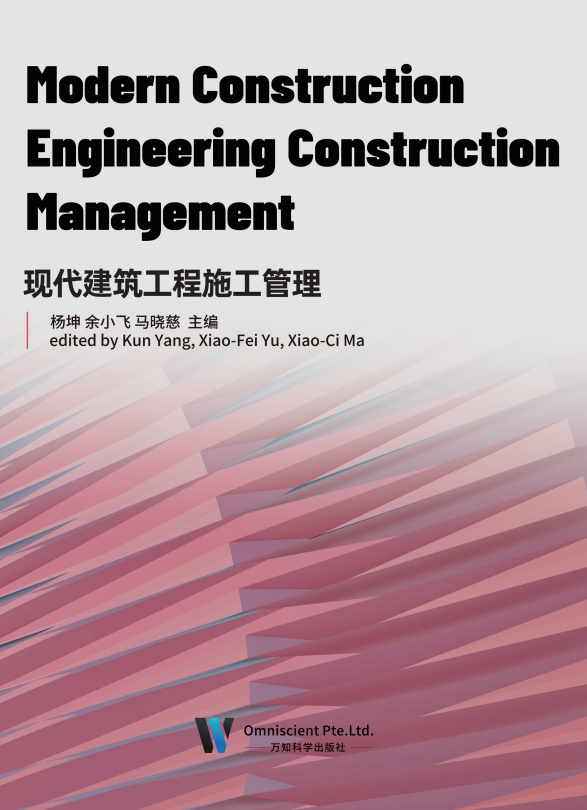
建筑业固有的特点决定了其管理难度较大,且具有危险性。因此,建立切实可行 的现代建筑施工安全管理制度势在必行。在现代建筑业及房地产市场中,建筑企业和 建筑单位的经济效益与许多因素有关,但是起决定作用的因素是建筑工程的质量和建筑 工程施工的具体管理。建筑施工管理的合理化,有助于建筑工程施工的顺利进行,有助 于建筑工程整体质量的保障和节约建筑成本实现建筑质量与建筑企业效益的双赢。
在现代建筑工程施工中,大致分为两个部分,前期是基础和主体结构的施工,后 期是安装和装修等附属项目的施工。建筑工程后期施工内容非常多,所以参建单位也 比较多,而且工序也非常烦琐。在结构封顶后,后期工作相互联系又相互制约,组织 管理不当,就会延误工期,影响竣工验收和交付使用,给业主带来经济上的损失。
建筑工程施工管理本身有着一定的复杂性,为了提升工程的质量,保障建筑工程 的正常施工,一定要对建筑工程施工管理加以重视。但就当前的情况来看,我国的建筑工程施工管理中仍然受到了很多方面的限制,当中存在着很多的问题,严重地阻碍 着企业的发展和效益的提升。为了有效提升建筑工程施工管理的水平,一定要做到对 建筑工程管理进行创新,保障企业能得到健康的发展。本书是一本关于现代建筑工程 施工管理的专著,首先对建筑工程的基础内容进行介绍;其次,对建筑工程中的施工 技术进行分析研究;最后,对现代技术与建筑工程融合管理进行分析,以期提高建筑 工程的质量,为相关工作人员提供参考。
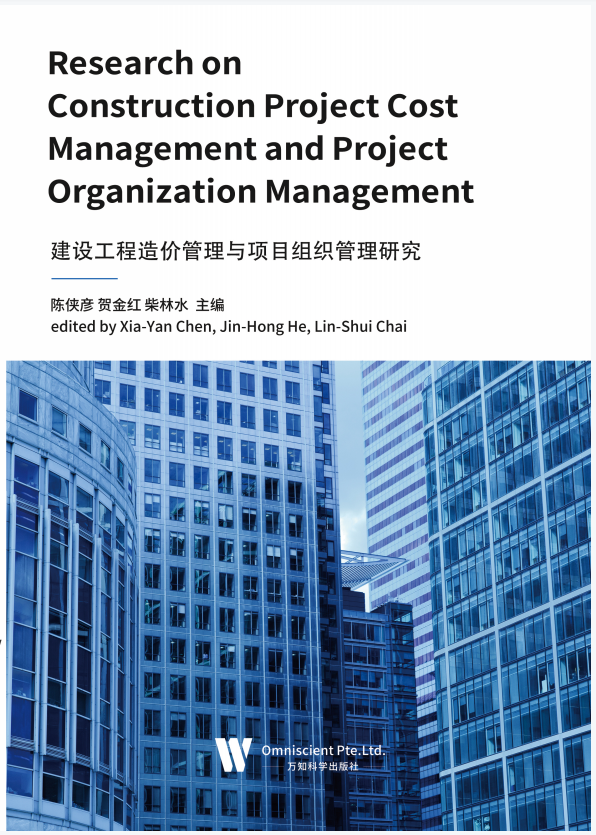
我国建筑行业经历自改革开放以来 20 多年的粗放型快速发展阶段,近期正面临 较大调整,建筑业目前正处于大周期下滑、小周期筑底的嵌套重叠阶段,在“十三 五”期间都将保持在盘整阶段,我国建筑企业处于转型改革的关键时期。 另一方面,建筑行业在“十三五”期间也面临更多的发展机遇。国家基础建设 固定资产投资持续增加,“一带一路”战略提出以来,中西部的战略地位显著提升, 对于中西部地区的投资上升;同时,“一带一路”国家战略打开国际市场,中国建 筑业的海外竞争力再度提升,面对复杂的新形式和诸多的新机遇。 本书以造价项目管理知识体系为主线,分两部分展开研究,第一部分主要研究 现代建筑项目施工过程中的行之有效的造价控制措施;第二部分则针对施工各个环 节的管理与组织展开分析。本书结构合理,层次清晰,全书衔接得当。 本书在编写过程中,参考大量国家关于土建工程的最新标准、规范,保证其具 有时效性、严谨性。全书力求概念清晰、内容完整、语言精简、详略得当、重点突 出,便于教师教学及学生自学。
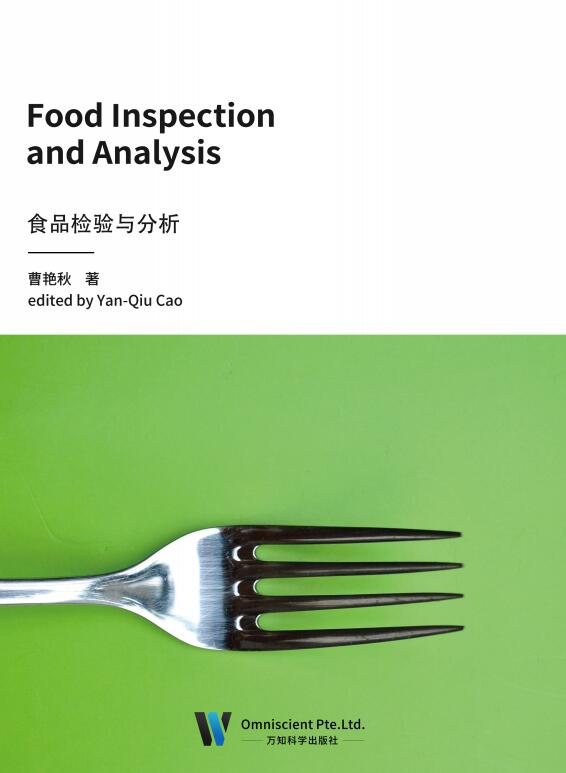
伴随着食品行业的持续发展,食品检测工作也在提升发展,但目前食品检测工 作过程中还存在不足之处,要根据发现的问题,逐步思索,总结提出建设性的意见, 以促使这些问题逐步解决,不断健全我国的食品检验检测体系,进而提升我国食品 检验检测体系的整体水平。
本著作共分为七章,第一章主要探讨食品安全概述;第二章主要探讨食品检验 基本知识;第三章主要探讨食品物理检验;第四章主要探讨食品中一般成分的检验; 第五章主要探讨食品中添加剂的检验;第六章主要探讨食品中有害物质的检测;第 七章主要探讨食品安全及检测新技术。
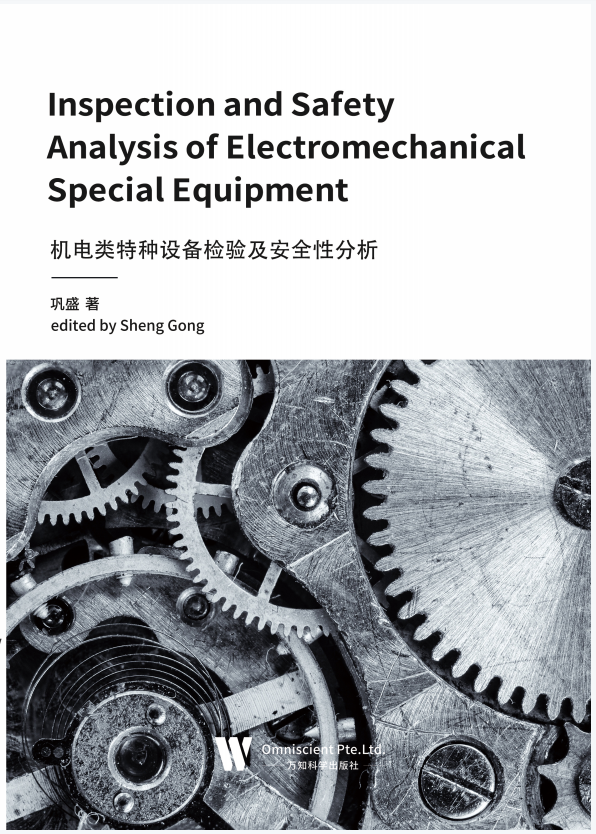
基于机电类特种设备无人化、自动化、智能化的发展,安全技术规范的修订, 规章的更新,本书以起重机械等检验为案例,将机电类特种设备检验质量、费用 保证率、评价体系运用模糊综合评价法评价设备检验率保证度,对特种设备检验 机构改进检验工作具有理论指导意义。 由于特种设备使用中易发生伤亡事故,所以安全问题受到特殊重视,许多国 家将特种设备作为特殊设备对待,制定出严密的法规标准体系,监督从事设计、 安装、维修等各部门共同遵循,形成大致相同的安全管理模式。当前,我国处于 市场经济建立完善阶段,特种机电设备安全管理体系如何适应国内外形势是目 前面临的突出问题。 现代社会的迅猛发展使得机电类特种设备的应用率越发提升,为行之有效 地满足我国社会主义经济建设需求,相关单位有必要强化对机电类设特种设备 安全性的关注,总结经验教训,从强化管理成效以及监督开始。只有这样才能从 本质上解决现下机电类特种设备存在的安全问题,有效推进我国社会发展建设。